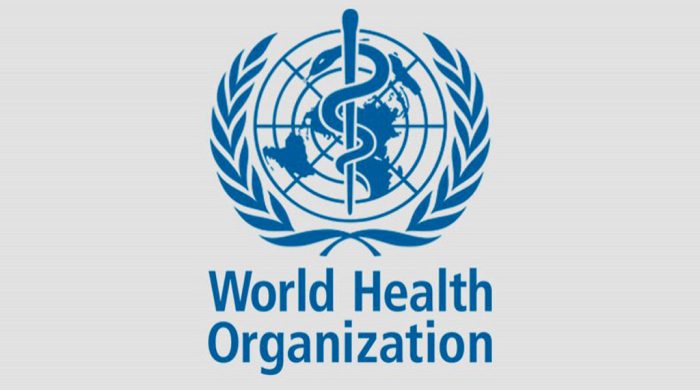How diet influences one’s mental health

- Update Time : Sunday, January 5, 2020
- 235 Time View

Diet significantly influences mental health and wellbeing, but this link is firmly established only in some areas such as the ability of a high fat and low carbohydrate diet (a ketogenic diet) to help children with epilepsy, and the effect of vitamin B12 deficiency on fatigue, poor memory, and depression, says a study.
The research, published in the journal European Neuropsychopharmacology, cautions that the evidence of a ink between diet and mental health for many diets is comparatively weak.
“We have found that there is increasing evidence of a link between a poor diet and the worsening of mood disorders, including anxiety and depression. However, many common beliefs about the health effects of certain foods are not supported by solid evidence,” said lead author Suzanne Dickson, professor at University of Gothenburg, Sweden.
The researchers who conducted a comprehensive review of studies linking diet with mental health also found that there is good evidence that a Mediterranean diet, rich in vegetables and olive oil, shows mental health benefits, such as giving some protection against depression and anxiety.
However, for many foods or supplements, the evidence is inconclusive, as for example with the use of vitamin D supplements, or with foods believed to be associated with attention deficit hyperactivity disorder (ADHD) or autism.
“With individual conditions, we often found very mixed evidence,” said Dickson.
“With ADHD for example, we can see an increase in the quantity of refined sugar in the diet seems to increase ADHD and hyperactivity, whereas eating more fresh fruit and vegetables seems to protect against these conditions.
“But there are comparatively few studies, and many of them don’t last long enough to show long-term effects,” she added.
The scientists confirmed that some foods had readily provable links to mental health, for example, that nutrition in the womb and in early life can have significant effects on brain function in later life.
Proving the effect of diet on mental health in the general population was more difficult.
“In healthy adults dietary effects on mental health are fairly small, and that makes detecting these effects difficult: it may be that dietary supplementation only works if there are deficiencies due to a poor diet,” Dickson said.
“We also need to consider genetics: subtle differences in metabolism may mean that some people respond better to changes in diet than others,” she added.
There are also practical difficulties which need to be overcome in testing diets. A food is not a drug, so it needs to be tested differently to a drug.
We can give someone a dummy pill to see if there is an improvement due to the placebo effect, but you can’t easily give people dummy food.
“There is a general belief that dietary advice for mental health is based on solid scientific evidence. In reality, it is very difficult to prove that specific diets or specific dietary components contribute to mental health,” Dickson said.





















